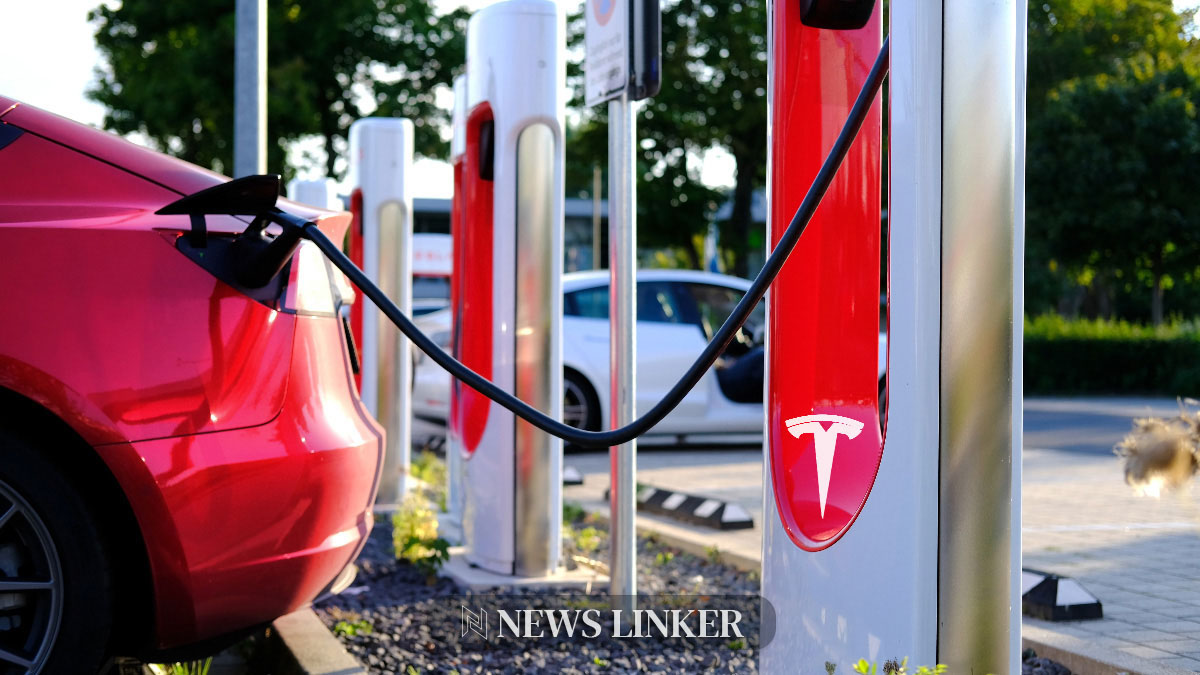Tesla has recently confirmed a more precise launch timeline for its much-discussed Semi, aiming for late 2025 to early 2026. The announcement came amidst ongoing construction of a specialized production facility in Nevada, signaling a significant commitment to the project. This facility, dedicated exclusively to the Class 8 truck, represents a strategic expansion of Tesla’s manufacturing capabilities, designed to optimize production efficiency and cost-effectiveness. The push towards realizing the Tesla Semi has been a blend of technological refinement and strategic partnerships, notably including a pilot program with PepsiCo to test the vehicle’s real-world application.
Why the Delay in Tesla’s Semi Launch?
Despite the enthusiasm surrounding its initial announcement, the Tesla Semi has experienced multiple launch postponements. The delays have largely been attributed to Tesla’s pursuit of a more affordable and efficient manufacturing process. The construction of the Nevada facility is a part of this strategy, aiming to streamline operations and scale up production capacity. By finalizing the engineering aspects and learning from early adopters like PepsiCo, Tesla is working to ensure that the Semi meets its promises of revolutionizing fleet efficiency and environmental sustainability.
How Will Tesla’s Innovations Impact Fleet Operations?
Tesla’s engagements with companies such as PepsiCo in the Semi’s pilot program have been crucial. These collaborations are not just test beds for vehicle efficiency and performance but also opportunities for Tesla to refine its technology in line with specific industry needs. The insights gained from these real-world applications are feeding directly into the final production models, ensuring that the Semi will significantly enhance fleet operations with its advanced electric powertrain and potentially lower total cost of ownership compared to traditional diesel trucks.
What Does This Mean for the Electric Vehicle Industry?
The development of the Tesla Semi is poised to make a considerable impact on the electric vehicle (EV) industry, particularly in the commercial trucking sector. It represents Tesla’s broader ambitions beyond consumer cars, focusing on heavy-duty vehicles essential for logistics and freight. This move could accelerate the adoption of EV technology in commercial transportation, a sector that has been slower to transition from conventional fuel sources due to the demands of heavy payloads and long driving ranges.
Journal of Green Technology recently published a paper titled “Efficiency Gains in Electric Truck Manufacturing,” which discusses similar technological advancements in EV production as Tesla’s current project. The paper emphasizes the importance of integrated production facilities and the role of industry partnerships, mirroring Tesla’s strategies with its Semi production. These parallels highlight a growing trend in the EV market focusing on sustainability and efficiency at scale.
In related developments, articles from Electric Vehicle News and Automotive Industry Insights provide a broader context. “Scaling Production for Electric Trucks” and “Partnerships Propel EV Innovations” respectively offer perspectives on how companies like Tesla are shaping market expectations and driving technological adoption. These articles underscore the significance of Tesla’s advancements in promoting wider industry shifts towards electric mobility.
Key Takeaways:
- Tesla’s targeted Semi production reflects strategic industry positioning.
- Partnerships enhance practical insights into EV applications.
- Construction of dedicated facilities indicates long-term commitment to EVs.
Looking ahead, Tesla’s efforts with the Semi could set a new industry standard for electric commercial vehicles. The focus on building a dedicated factory and refining production processes suggests a commitment to not only meet but exceed current market expectations. As Tesla moves closer to the projected launch dates, the industry watches keenly, anticipating the ripple effects this vehicle could have on the broader push towards sustainable commercial transportation solutions. The eventual rollout of the Tesla Semi could potentially catalyze a significant shift in how goods are transported across the country, aligning with growing environmental consciousness and regulatory pressures aiming to reduce carbon emissions in the logistics sector.










